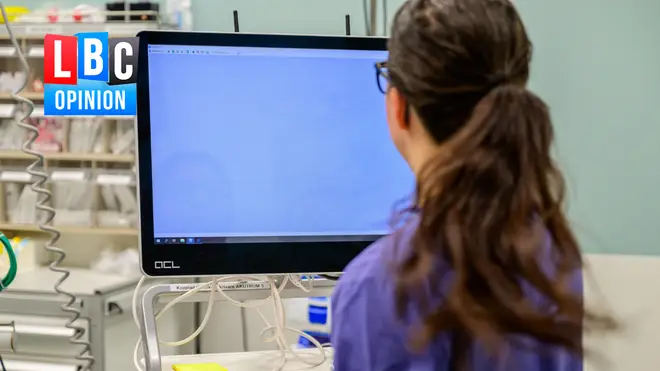I had the opportunity to join LBC to discuss the Government’s announcement of Jess’s Rule — a vital new safeguard inspired by the heartbreaking story of Jessica Brady, whose life was cut short after repeated missed chances for diagnosis.
The rule requires clinicians to escalate cases when patients return multiple times with the same concern. It’s a simple, powerful intervention — and I have no doubt it will save lives. It honours Jessica’s memory by forcing systems to pause, listen, and reassess.
But as I said on air, Jess’s Rule also exposes a deeper crisis.
Our healthcare systems — not just in the UK, but across the world — are fundamentally blind.
They are fragmented by outdated, legacy technologies that treat patients as isolated incidents rather than evolving stories. I’ve seen it throughout my career: brilliant clinicians struggling inside a system that keeps them in the dark.
The truth is, doctors aren’t the villains of these tragedies — they’re victims of tools that are no longer fit for purpose.
From overburdened GPs in the UK, to emergency rooms in the US, to rural clinics in India and hospitals in Africa — patients fall through the cracks because their records don’t talk to each other. Every missed diagnosis, every delayed escalation, every preventable death is a failure of our infrastructure, not our intent.
It shouldn’t take another tragedy to make change happen.
What if we could move from reaction to prediction?
Imagine intelligent platforms that quietly analyse a patient’s full journey in real time — spotting inconsistencies or patterns that warrant another look. Not to replace human judgment, but to augment it with a whisper:
“This doesn’t add up. Please look again.”
That’s not science fiction. It’s already how algorithms predict what you’ll watch next on Netflix or help cities optimise traffic. Healthcare should be no less intelligent, no less adaptive, and far more humane.
Legacy technology is no longer just inefficient — it’s dangerous. It wastes billions and costs lives.
Jess’s Rule is a crucial safeguard and a testament to her parents’ tireless advocacy. But real transformation will require more than new policies. It will demand that we finally dismantle the relics of the past and build systems designed for the world we live in today — systems that connect data, care teams, and patients seamlessly.
The time for a health tech renaissance is now.
Read the LBC article here.




.png)
.png)







